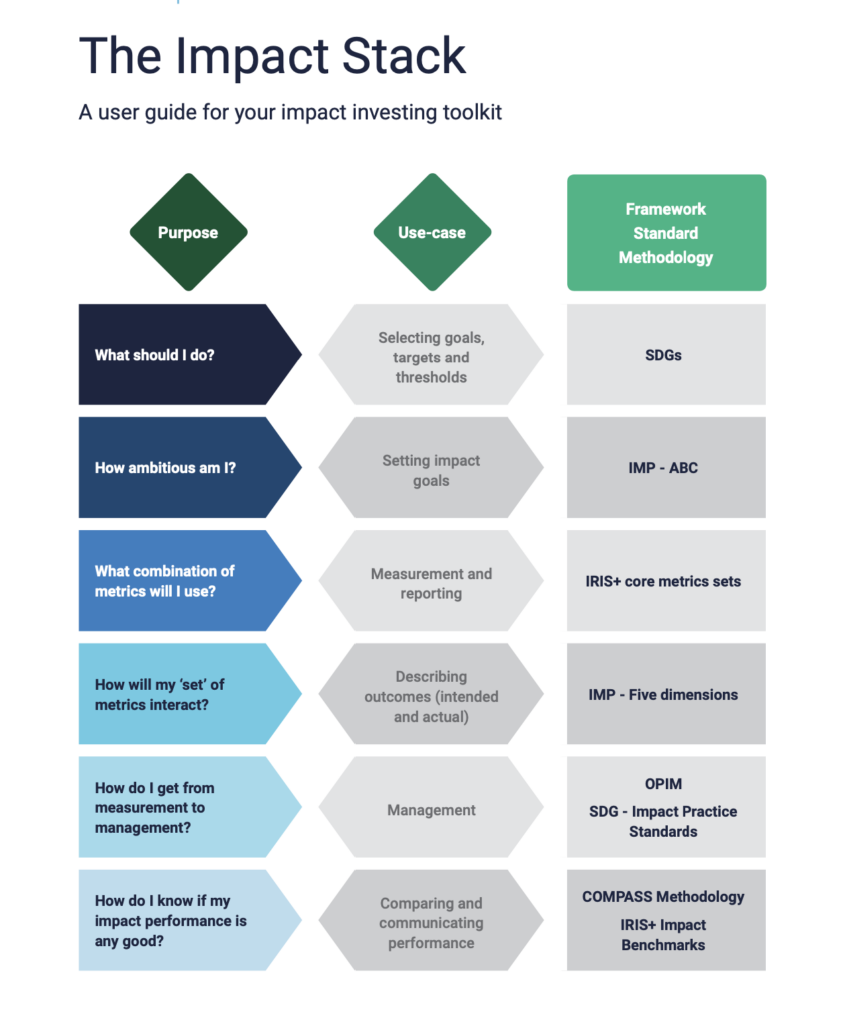A toolkit for best-practice
Impact Measurement and Management

Impact Investing
has reached an inflection point
The consolidation and harmonisation of impact measurement frameworks represents an inflection point for the impact investing sector.
An ‘Impact Stack’ has emerged – a toolkit of frameworks that can be used as a best-practice model for impact measurement and management (IMM), in service of an overall impact strategy.
This report is intended as a guide
To understand the current state of Impact Measurement and Management.
It seeks to establish the key frameworks being used in the field, but more importantly, to explain the specific use-cases for each, and how they interact and overlap to form a complete IMM system.
Build Your Impact Strategy
With a complete IMM framework, aligned with global best-practice
A collaboration between:
A user guide for your impact investing toolkit
Through a series of podcast interviews – as well as insights gathered from leading researchers, consultants, and practitioners in the field. The Impact Stack defines the key impact frameworks that have emerged as leading practice.
While impact investors all use a variety of different social impact measurement frameworks, in various combinations, The Impact Stack presents the most widely used systems, and offers a simple explanation for the problem that each can help to solve, and the specific task they’re designed to carry out.
It identifies the vital linkage between impact measurement and impact management, and how they can be combined to build an impact strategy.
Lead Authors
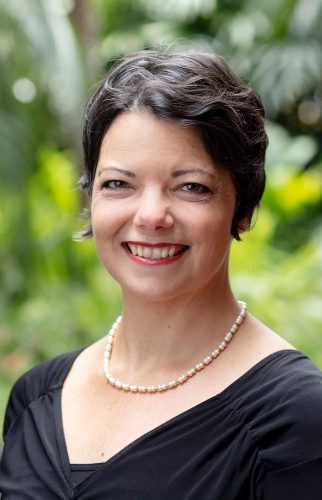
Dr Jodi York
Chief Impact Officer
Kilara

John Treadgold
Principal Consultant
John Treadgold Communications
Who it is for?
- This report is designed as a resource for impact investors wanting to understand the evolution of tools and standards.
- It’s also an easy on-ramp for mainstream investors wanting to engage with impact investing frameworks.
- Plus, it can be used by LP’s and asset owners when analysing the impact methodology and performance of fund managers, to assess the rigour of their impact practice.
Why IMM is important?
- Embedding a rigorous IMM system is a key factor that differentiates those investors that are committed to impact investing.
- Greater accessibility will drive further growth and engagement of impact investment
- It has the potential to improve impact performance
- And, can decrease the prevalence of impact washing as expectations and standards are clarified
Build Your Impact Strategy
With a complete IMM framework, aligned with global best-practice
Contributors
“You can’t really talk about impact measurement without the word management in there. For me, the two things go hand in hand and are synonymous, because there’s such an important relationship between them.”
Dean Hand
Chief Research Officer
GIIN
“Things have changed pretty dramatically in the past 13 years. I don’t know any impact investor now who can go raise a fund without having a really thoughtful and detailed plan for how they’re going to measure and manage impact, to optimise for positive outcomes.”
Sarah Gelfand
Managing Director
BlueMark
“As I reflect over the 18 years that I’ve been in this industry, I feel that we’re now approaching an inflection point. Over the past 2 to 3 years we’ve begun to see increasing consolidation around both language and a common set of frameworks.”
Kylie Charlton
Managing Director
Australian Impact Investments
“Increasing fluency in the tools and standards developed as part of impact practice is central to building confidence and encouraging more people to make the shift from SDG alignment to advancing SDG and sustainability-oriented action.”
Rosemary Addis
Managing Partner
Mondiale Impact
Impact Measurement and Management Frameworks
Podcast series
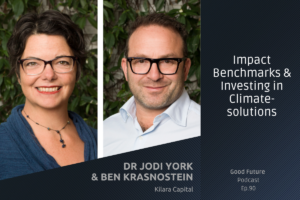
#90 Ben Krasnostein & Dr Jodi York: Impact Benchmarks and Investing in Climate-solutions at Kilara Capital
Kilara Capital invests in climate-solutions with an impact lens. They benchmark their performance, and even put carry on the line.
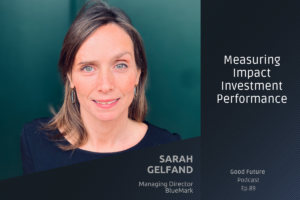
#89 Sarah Gelfand: Measuring Impact Investment Performance with BlueMark
Sarah Gelfand is Managing Director of BlueMark, she works with the world’s leading impact investors on impact measurement best practice.
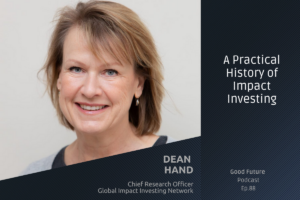
#88 Dean Hand: Impact Investing is at an Inflection Point, The evolution of the GIIN
Dean Hand is Chief Research Officer at the GIIN, and she’s had long experience with the evolution of impact measurement and management.


